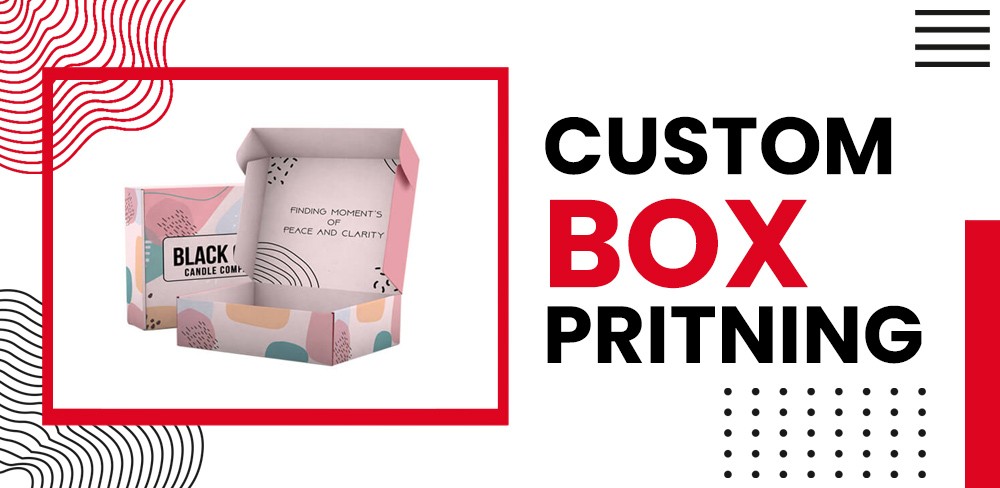Starting a small business in Saudi Arabia takes hard work. Finding the right funding can be tough. Sharia-based finance offers a fair, ethical way to get money. It follows Islamic rules, skipping interest and shady deals. This guide shows how it works, why it’s great, and how you can use it. It’s for shop owners, startups, and anyone wanting to grow the right way.
Table of Contents
What’s Sharia-Based Finance?
Sharia-based finance follows Islamic law. It says no to interest, gambling, or harmful businesses like alcohol. Instead, it’s about being fair and sharing risks. In Saudi Arabia, it fits Vision 2030’s push for honest growth. Anyone can use it, not just Muslims, to fund their business.
Main Rules
- No Interest: You can’t make money just from money.
- Share Risks: Both sides win or lose together.
- Stay Ethical: Skip things like tobacco or weapons.
- Be Clear: Deals must be honest and open.
- Use Real Stuff: Money ties to things like equipment.
Why Pick Sharia-Based Finance?
Small businesses in Saudi Arabia need cash to grow. Regular loans can trap you with interest. Sharia-based finance is different. It’s fair and keeps you debt-free. A Digital finance company makes it easy to apply online.
Why It’s Good
- No Debt Mess: Avoid interest that keeps growing.
- Fair Split: Share profits and risks with funders.
- Good for All: Funds businesses that help people.
- Quick Cash: Get money in days.
- Open to Everyone: Muslims and non-Muslims can apply.
How It Works
Sharia-based finance uses special deals to fund businesses. These avoid interest and focus on real things or teamwork. Here’s what’s common in Saudi Arabia:
1. Murabaha (Buy and Sell)
A funder buys something you need, like a machine, and sells it to you at a higher price. You pay it back over time. It’s clear and fair.
- Example: Need a printer for your shop? Funder buys it for $1,000, sells it to you for $1,200, paid in a year.
- Good For: Buying tools or stock.
2. Musharaka (Teamwork)
You and the funder own the business together. Both put in money and share profits or losses.
- Example: Start a café. Funder gives 70%, you give 30%. Split profits the same way.
- Good For: New businesses or big growth.
3. Ijara (Renting)
The funder buys something and rents it to you. You pay rent, and you might own it later.
- Example: Rent a van for deliveries. Pay monthly, with a chance to buy it.
- Good For: Getting assets without big costs.
4. Mudaraba (Profit Sharing)
The funder gives money, and you run the business. You share profits, but they take the loss if it fails.
- Example: Get $5,000 for your store. You manage it and give 40% of profits.
- Good For: Startups with good ideas.
Why It’s Great in Saudi Arabia
Saudi Arabia’s economy is buzzing. Vision 2030 helps small businesses with projects like NEOM. Sharia-based finance fits this by being fair and ethical. A Digital microfinance company can get you funds fast online, perfect for Saudi’s tech future.
Why It Fits
- Big Demand: Islamic finance grew 17% in 2024.
- Government Push: Vision 2030 loves ethical funding.
- Online Sales: E-commerce needs quick cash.
- Jobs: Small businesses make 60% of new jobs.
Challenges to Watch
Sharia-based finance has upsides but also some hurdles. Knowing them helps you plan.
Tough Parts
- Can Cost More: Markups might beat loan interest.
- Tricky Rules: Deals need Sharia experts to check.
- Fewer Choices: Not as many funders as banks.
- Shared Losses: You and funder both lose if it fails.
How to Get Started
Getting Sharia-based funding is simple in Saudi Arabia. The government and tech companies help. Here’s how to begin:
Steps to Start
- Find Funders: Look for Sharia-compliant groups.
- Check Your Business: Avoid things like alcohol or gambling.
- Apply Online: Use apps for quick forms.
- Talk to Experts: Get advice on Sharia rules.
- Plan Payments: Agree on how to share profits or pay.
Questions People Ask
Here’s what business owners often wonder about.
Who Can Use It?
Anyone can, not just Muslims. Your business just needs to follow Sharia rules, like no pork sales.
How’s It Different from Loans?
It skips interest and uses fair, asset-based deals. You share risks and rewards.
Is It More Expensive?
Markups or profit splits can cost more than loans. But it’s ethical and avoids debt.
Where Do I Find Funders?
Check Islamic banks or online platforms in Saudi Arabia.
Why It Matters in Saudi Arabia
Saudi Arabia is a trade powerhouse. Its ports move 1.8 million containers a year. Small businesses create most jobs, and online sales are up 20% in 2024. Sharia-based finance helps these businesses grow fairly. It fits Vision 2030’s goal of helping everyone. It also funds good projects, like schools or clinics.
Economic Impact
- Trade Hub: Ports handle tons of global goods.
- Small Business Growth: SMEs drive jobs.
- Ethical Focus: Funds go to helpful projects.
- Tech Push: Online tools make funding fast.
Tips for Saudi Business Owners
Local entrepreneurs can do well with Sharia-based finance. Here’s how to make it work:
Practical Ideas
- Try Murabaha: Buy equipment with small payments.
- Go Digital: Use online platforms for speed.
- Meet Funders: Join events like Saudi SME Forum.
- Stay Halal: Avoid banned industries to qualify.
What’s Next for Sharia-Based Finance
This finance is growing quick. Online platforms make it easier. In Saudi Arabia, 5G and AI will speed things up. Crowdfunding is also taking off, letting small businesses connect with ethical investors.
Coming Soon
- Online Tools: Apps make funding simple.
- Crowdfunding: Link with investors online.
- AI Help: Predicts if your business will do well.
- Global Reach: Saudi wants to lead Islamic finance.
Wrapping Up
Sharia-based finance is a great way to fund your small business. It’s fair, ethical, and fits Saudi Arabia’s growing economy. Deals like Murabaha or Musharaka help you grow without debt. There are challenges, like higher costs, but digital tools make it easier. A Digital finance company or Digital microfinance company can get you started fast. Check funders, make sure your business is halal, and apply online. Whether in Jeddah or Riyadh, this funding helps your business grow with honesty and care.












